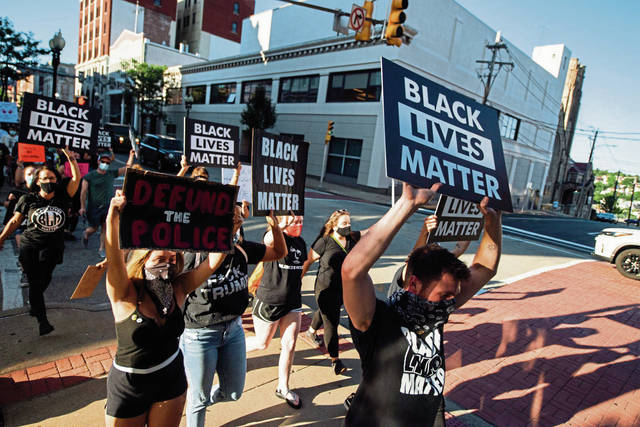
Recently, there has been debate as to whether the recent Black Lives Matter and George Floyd protests will affect the spread of coronavirus in the United States. In an interview, U.S. Surgeon General Jerome Adams has stated that “Based on the way the disease spreads, there is every reason to expect that we will see new clusters and potentially new outbreaks moving forward.”

Many people take precautions such as wearing facemasks, but it is difficult to maintain social distancing when standing among crowds of hundreds or even thousands. The New York City Department of Health and Mental Hygiene, for example, gave tips for protesting such as using noisemakers instead of yelling, using hand sanitizer, and wearing some sort of face-covering such as KN95 masks or 3-ply masks among other recommendations.

On the other side of the protests regarding the response to demonstrations, an open letter signed by more than 1,200+ health professionals urges against the use of irritants such as tear gas and smoke. This is because they could increase susceptibility to infections, as well as worsen already-existing health conditions. This letter also addresses the possibility of an increased number of infections following protests, and urges for increased access to testing (such as through the use of a COVID-19 test kit or anti-body test kit) and care as a result.
Currently, there are no concrete results on how these protests have affected transmission rates or the number of cases. However, CNN’s chief medical correspondent, Sanjay Gupta, believes that infection rates and the number of hospitalizations will not be affected by these protests for approximately three to four weeks.
by Elaine Park
Sources:
1. Stracqualursi, Veronica. “Surgeon General warns of coronavirus
outbreaks from Floyd protests.” CNN, 2 June 2020.
2. Chappell, Bill. “Protesting racism versus risking COVID-19: ‘I wouldn’t
weigh these crises separately.” NPR, 1 June 2020.
